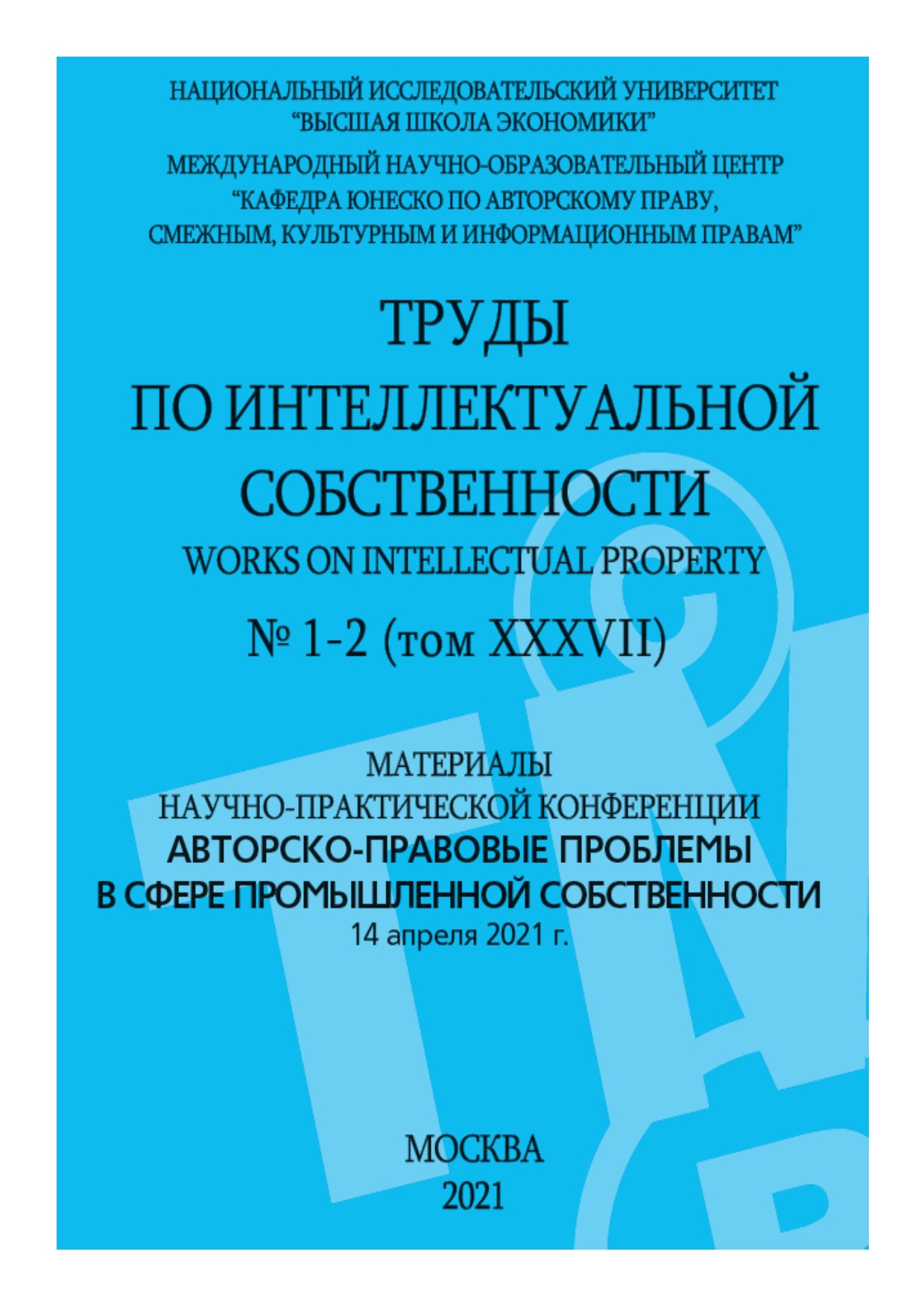ИНФОРМАЦИОННО-ПРАВОВОЙ КОММЕНТАРИЙ К ПОПРАВКАМ В КОНСТИТУЦИЮ РОССИЙСКОЙ ФЕДЕРАЦИИ
Аннотация
В статье анализируются вступившие в силу в 2020 году поправки к ст. 71 Конституции Российской Федерации, в той части, в которой они затрагивают информационные правоотношения. Особое внимание уделяется введению в текст Основного Закона новых информационно- правовых терминов, таких как «информационные технологии» и «цифровые данные». Исследуются возможные пути имплементации этих поправок в российское информационное законодательство, а также их концептуальное влияние на развитие российского информационного права. Наряду с общенаучными методами познания (анализ и синтез), использовались специальные методы познания (метод юридического толкования и метод нормативного поиска), проблемно ориентированный подход и методы познания из других областей научного знания (в частности, филологии и информатики). Констатировано сохраняющееся противоречие между текстом основного Закона и рамочным законом об информации, следствием чего является необходимость корректировки тезауруса последнего. Отмечена принципиальная важность конституционной новеллы об обеспечении безопасности личности, общества и государства при применении информационных технологий, обороте цифровых данных. Данная новелла становится отправной точкой для реализации в российском законодательстве концепции цифрового суверенитета личности, дальнейшего укрепления гарантий соблюдения конституционных прав и свобод личности в киберпространстве. Намеченные в статье пути развития информационного законодательства требуют обстоятельной научной дискуссии с привлечением специалистов в сфере информационных технологий и информационной безопасности. Предложенные изменения в информационном законодательстве в дальнейшем могут послужить основой для разработки кодифицированного акта в сфере информационного законодательства.

